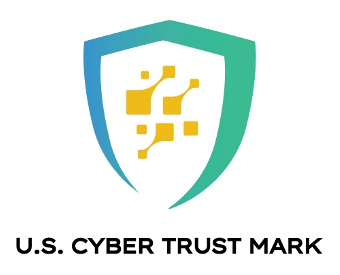
The Federal Communications Commission chairwoman has introduced a proposal to create a “voluntary cybersecurity labeling program” for smart devices, in an effort to boost transparency and protection against cyber threats in the growing Internet of Things market – a channel that cyber criminals are increasingly using to attack education institutions.
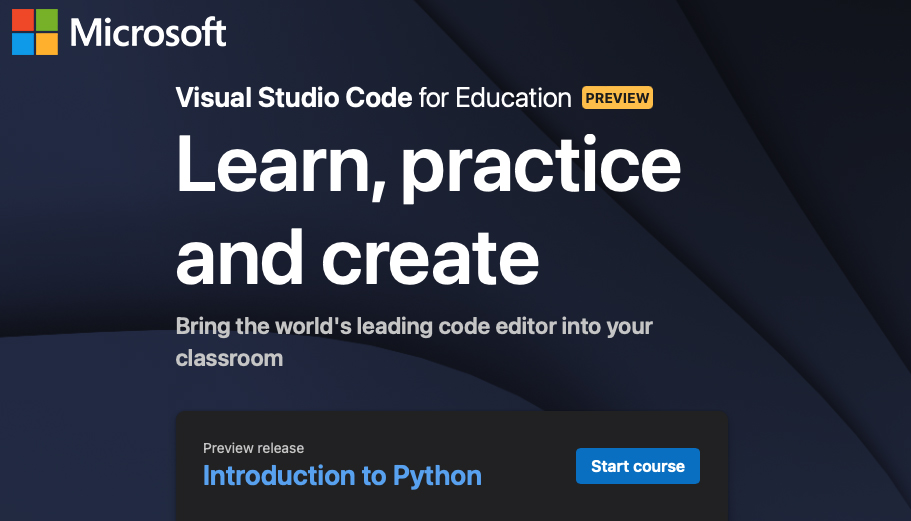
Microsoft has announced Visual Studio Code for Education, a new computer science instruction platform designed to teach students tools used by professional developers. Microsoft is inviting educators to join the pilot program, try it out in their classrooms in the 2023–24 school year, and provide feedback.
MongoDB University has announced new partnerships and initiatives to help close the widening software-development skills gap, according to a news release.
Samsung Electronics America has introduced a new interactive display, model name “WAC” — the first Samsung interactive display solution built on the Android operating system.
Nonprofit open-ecosystem collaborative 1EdTech Consortium recently awarded top honors to six higher education institutions for their development of “innovative and bold” ed tech tools that broaden access to personalized and accessible learning.
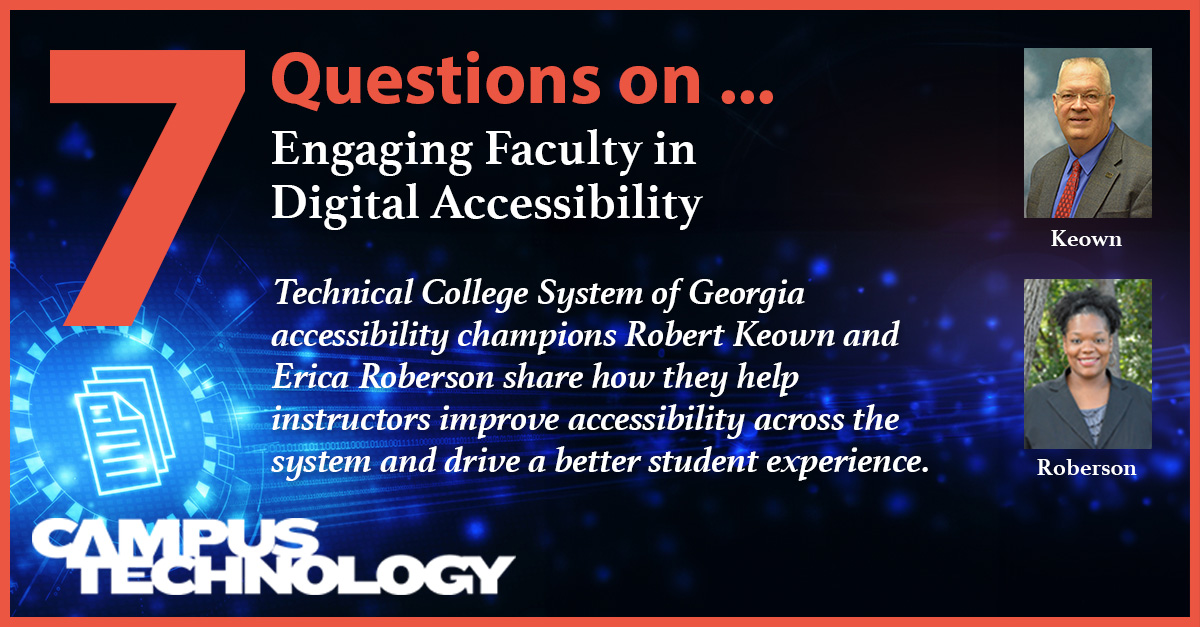
We asked the Technical College System of Georgia's accessibility champions how they help instructors create a more inclusive learning experience for all students.
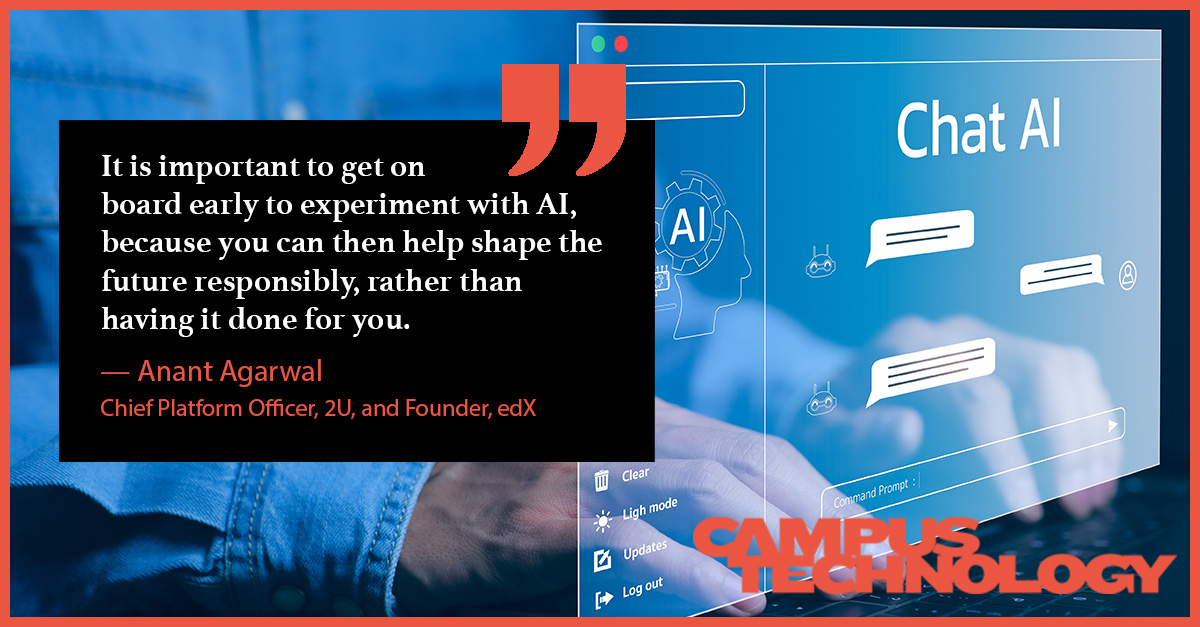
Here, we ask Anant Agarwal for his perspectives on the impacts of generative AI in higher education environments and what edX is doing to help lead the way in the productive use of innovative new tools based on the technology.
Screen-casting and collaboration provider Airtame has expanded its partnership with unified communications and digital signage software developer Rise Vision to expand education institutions' ability to display emergency alerts and school messaging on Airtame-connected devices across entire campuses, according to a news release.
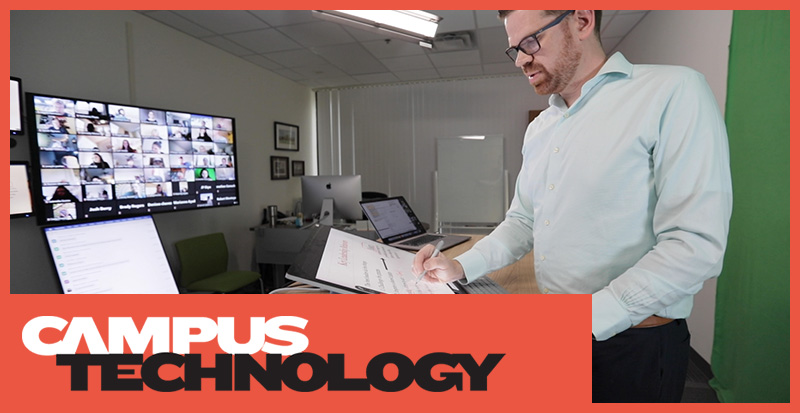
At some point in our academic careers, most of us have found ourselves stuck in the back of an overcrowded lecture hall. Too far from the presenter to see or hear much of anything, it wasn't long before we lost interest, started on other work, or took a nap. Anyone sitting in those first few rows may have been enlightened and inspired, but for the rest of us, the class was less than productive. Higher education has set out to change that.
The first quarter of 2023 saw further declines in the AR/VR headset space, following a steep decline the previous year, according to market research firm IDC.